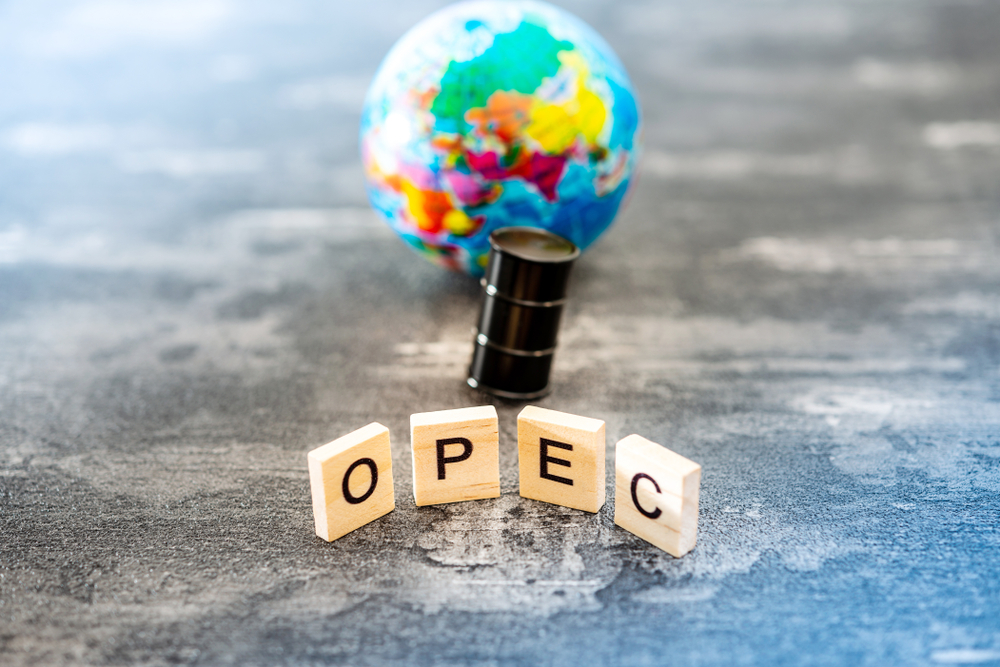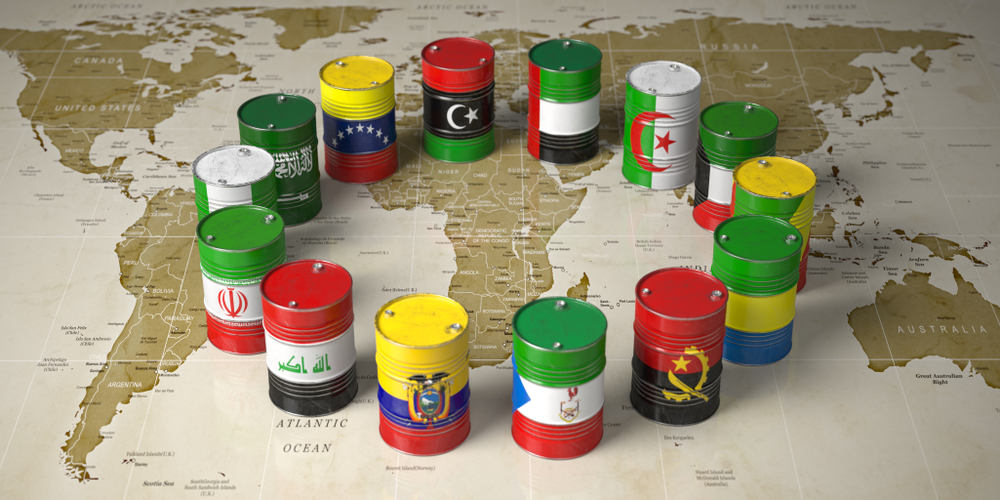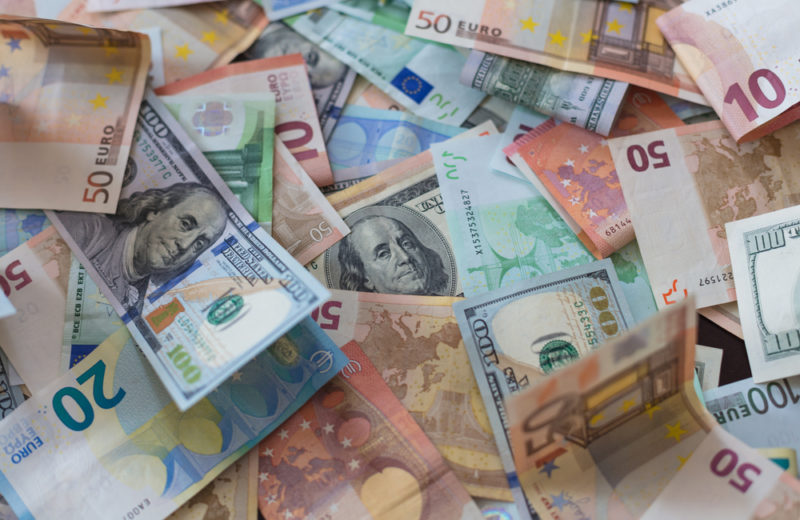Over the weekend, some of the world’s biggest oil exporters shocked the markets by broadcasting that they would reduce oil production by more than 1.6 million barrels daily.
On Sunday, OPEC+, an alliance between the Organization of the Petroleum Exporting Countries (OPEC) and non-oil-producing nations, including Russia, Mexico, and Kazakhstan, said that cuts would begin in May and last through the end of the year. The news pushed Brent crude futures – the global benchmark for crude oil – and WTI – the US benchmark – up about 6% on Monday.
OPEC+ was founded in 2016 to coordinate and control oil production and stabilize world oil prices. Its member produces about 40% of the world’s oil, significantly impacting the world economy.
Effect of OPEC+ decision on Russia
After Russia invaded Ukraine last year, the US and the United Kingdom quickly stopped buying oil. The European Union has also halted imports of Russian oil shipped by sea.
The members of the G7, an organization of leaders from part of the world’s largest economies: France, Canada, Germany, Italy, Japan, the United States, and the United Kingdom, also have a $60-a-barrel cap for Russian oil fixed exports that keep the country’s income artificially low. If oil prices keep increasing, some analysts believe the US and other Western nations may have to calm that price cap.
Russia also recently disclosed that it would cut down its oil production by 500,000 barrels daily until the end of this year. Just last week, Putin acknowledged that Western sanctions could seriously blow the Russian economy.
“The illegal restrictions placed on the Russian economy may even harm it in the medium term,” Putin said in a televised address on Wednesday, reported by the state news agency TASS.
The announcement of OPEC+ came as a surprise this week. The group announced it would cut production by two million barrels per day (bpd) in October 2022. Saudi Arabia had previously said its production quotas would remain the same through the end of the year.
“The supply reduction is quite strange,” Warren Patterson, head of the commodity strategy at ING, wrote in a memo on Monday.
More expensive oil could help Russia pay for the war with Ukraine and boosts Saudi Arabia’s revenues.
















